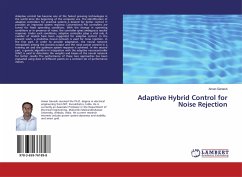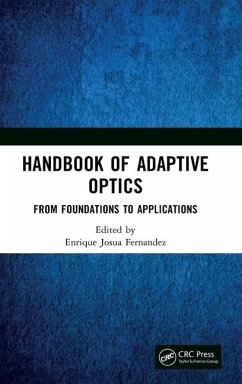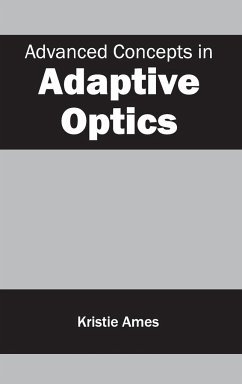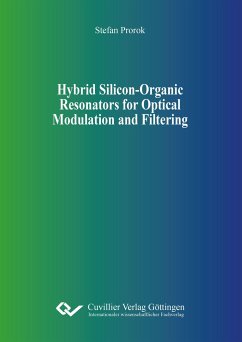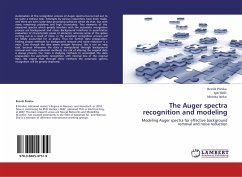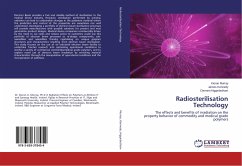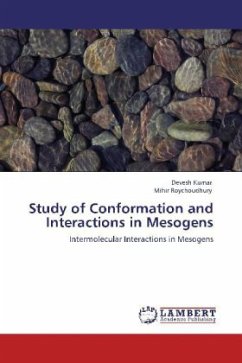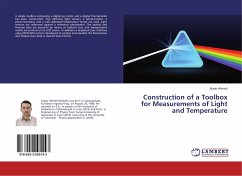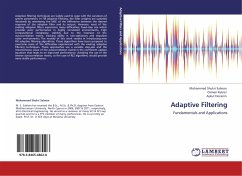
Adaptive Filtering
Fundamentals and Applications
Versandkostenfrei!
Versandfertig in 6-10 Tagen
32,99 €
inkl. MwSt.

PAYBACK Punkte
16 °P sammeln!
Adaptive filtering techniques are widely used to cope with the variations of system parameters. In FIR adaptive filtering, the filter weights are updated iteratively by minimizing the MSE of the difference between the desired response of the adaptive filter and its output. However, most of the existing adaptive filters experience many difficulties; fixed-step size which provides poor performance in highly correlated environments, high computational complexity, stability due to the inversion of the autocorrelation matrix, tracking ability in non-stationary and impulsive noise environments. The ...
Adaptive filtering techniques are widely used to cope with the variations of system parameters. In FIR adaptive filtering, the filter weights are updated iteratively by minimizing the MSE of the difference between the desired response of the adaptive filter and its output. However, most of the existing adaptive filters experience many difficulties; fixed-step size which provides poor performance in highly correlated environments, high computational complexity, stability due to the inversion of the autocorrelation matrix, tracking ability in non-stationary and impulsive noise environments. The novelty of this work resides in introducing new FIR adaptive filtering algorithms. These algorithms have been proposed to overcome some of the difficulties experienced with the existing adaptive filtering techniques. These approaches use a variable step-size and the instantaneous value of the autocorrelation matrix in the coefficient update equation that leads to an improved performance. Avoiding the use of the inverse autocorrelation matrix, as the case of RLS algorithm, would provide more stable performance.



